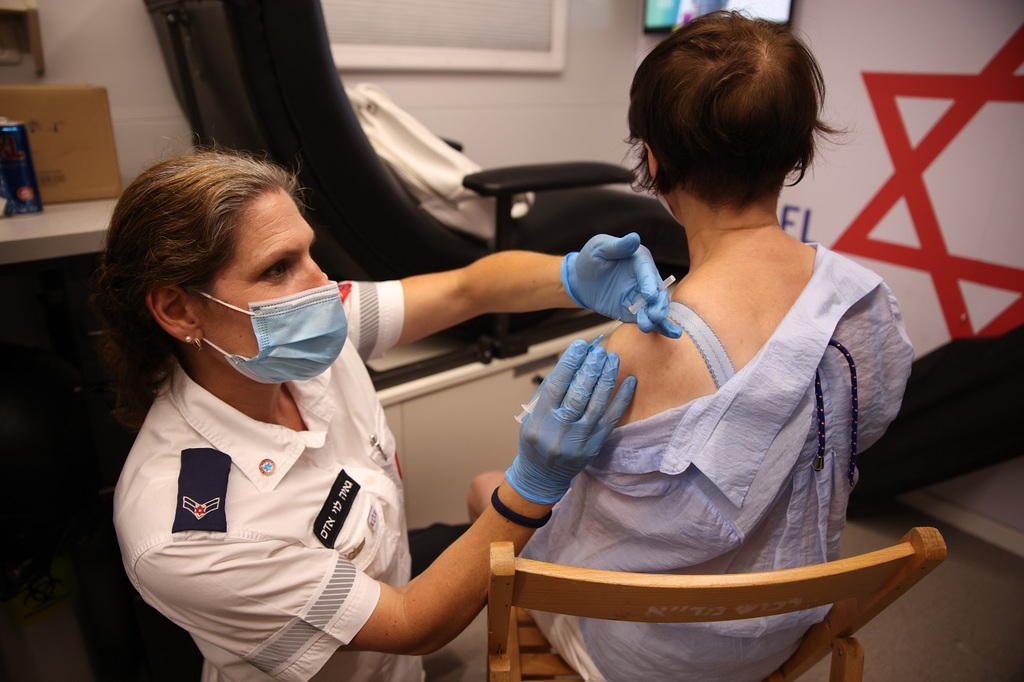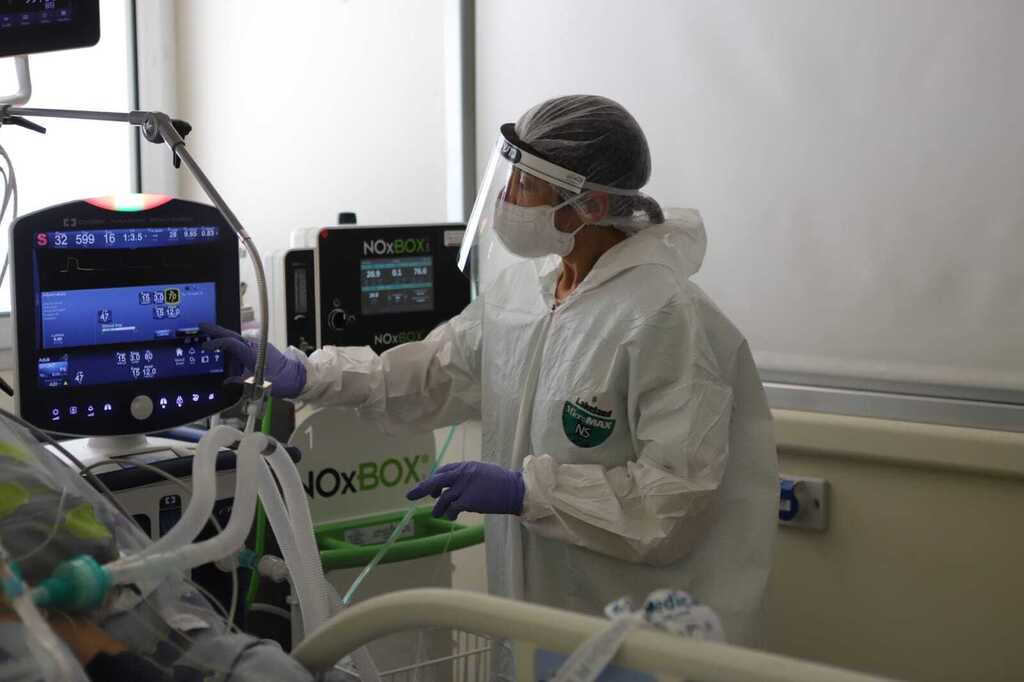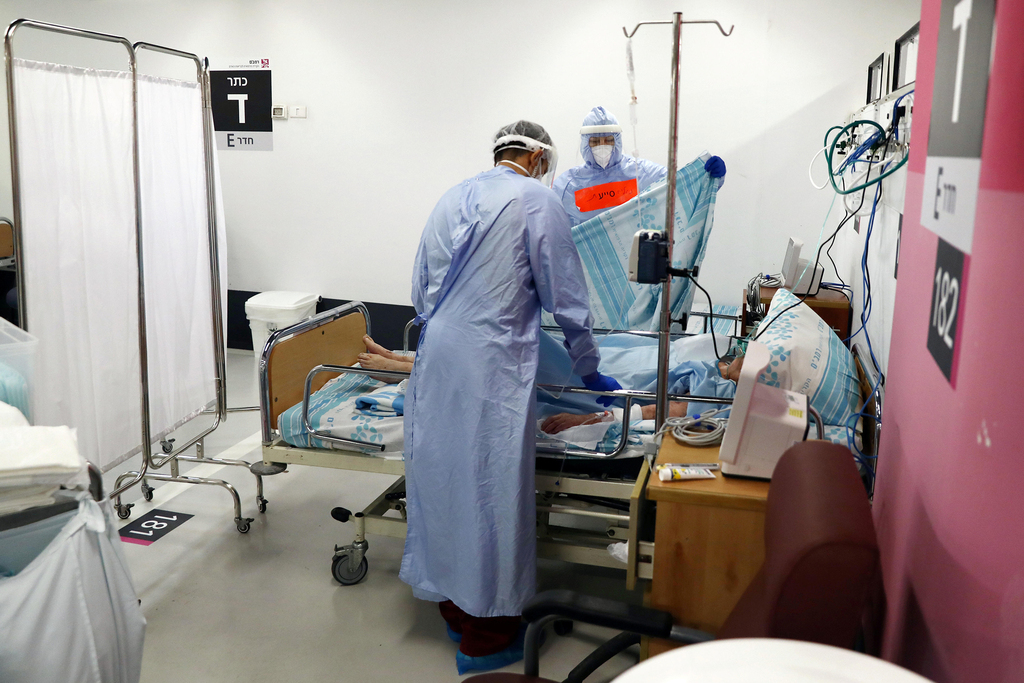Some 40 severely ill COVID patients who are currently connected to EMCO machines across Israeli hospitals did not end up in this situation by choice. No one chooses to fight for their lives inside the sterile walls on an ICU.
Most of them ended up there due to ignorance, superstition and a lack of care for their personal safety by choosing not to get vaccinated.
They conducted themselves in the same manner a pedestrian does when crossing the crosswalk despite a red traffic light, ignoring the very real possibility of getting run over.
When a person is injured in a car accident, doctors do not care how it happened – there is no question regarding their right to fair and good treatment.
This same principle applies to those who decided to gamble with their health and remain unvaccinated against the virus. They are entitled to the same treatment as someone who made sure to get all three vaccine shots but still contracted the pathogen.
But the severe shortage of trained personnel who can operate the ECMO machines requires us to apply a certain criterion of eligibility because this apparatus is nearing a breaking point.
According to the Medical Ethics Committee, the only sensible way to decide who gets to be connected to ECMO first is by determining which severely ill patient stands a better chance of survival.
This is where the state must step in just as it does with road safety. Israel must invest billions into curbing COVID's infection spread. Everyone cheered when the country managed to bring down road fatalities by 50 incidents a year in 2020. But are we going to allow 50 additional COVID deaths to occur every two days?
A very prestigious research and development center in Israel ran a simulation to see what a partial lockdown during the Jewish holiday period would do to coronavirus morbidity. They examined the closure not as an alternative to the booster and adolescent vaccination campaign, but in addition to it.
The result of the simulation found that severe cases would drop below 100, with less than 12 people connected to ECMO machines and daily deaths hovering at around three.
But what about the economic cost of a lockdown? Well, it's far less than what it would cost hospitals to care for hundreds of additional serious patients and the loss of working days for those suffering from mild symptoms who have to isolate themselves.
3 View gallery


A healthcare worker giving a patient their coronavirus vaccine booster shot
(Photo: Tal Shahar)
Even if the current infection wave ebbs in the coming month, Israel still has a massive population of unvaccinated people or those who had received only two vaccine doses and whose immunity has degraded since. In total, these people amount to some three million.
The panel of medical professionals advising the Health Ministry on the pandemic, headed by Prof. Ran Balicer, are aware of these facts and told the government in their latest report that "the means used so far are no longer applicable."
With winter not far off and a fifth infection wave a real possibility, the message to Israel's leaders is clear: either make coronavirus vaccinations mandatory or implement tougher restrictions and actually enforce them.



